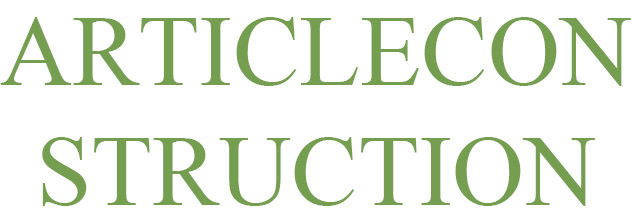Understanding PCR Plastic: Benefits and Applications Explained
Understanding PCR Plastic: Benefits and Applications Explained
PCR plastic, or post-consumer recycled plastic, represents a significant step towards sustainability in the manufacturing industry. As environmental concerns grow, many companies are turning to PCR plastic as a viable alternative to virgin plastic. This article explores the benefits, applications, and common misconceptions surrounding PCR plastic, including a key question: Is PCR Plastic Recyclable?
For more information, please visit Is PCR Plastic Recyclable.
What is PCR Plastic?
PCR plastic consists of materials that have been recycled from consumer waste, such as bottles and containers. Once collected, these plastics are cleaned, sorted, and processed to produce new products. This recycling process not only reduces the demand for virgin plastic but also minimizes landfill waste and conserves natural resources.
The Benefits of Using PCR Plastic
Environmental Impact
- Reduces waste sent to landfills
- Lowers carbon footprint by decreasing the need for new plastic production
- Conserves energy and raw materials
Economic Advantages
- Lowers costs in the long run due to reduced raw material expenses
- Supports a circular economy, creating jobs in recycling and manufacturing sectors
Consumer Appeal
- Increases brand loyalty among eco-conscious consumers
- Enhances corporate responsibility and sustainability initiatives
Is PCR Plastic Recyclable?
One of the major questions surrounding PCR plastic is, "Is PCR Plastic Recyclable?" The straightforward answer is yes. PCR plastic is recyclable, and many manufacturing processes enable it to be reused more than once. However, it’s important to note that the recyclability of PCR plastic depends on several factors, including:
- Type of PCR Plastic: Not all types of PCR plastic are the same. Familiar materials like PET (Polyethylene Terephthalate) and HDPE (High-Density Polyethylene) are widely recycled.
- Local Recycling Capabilities: Some regions may not have the facilities to recycle certain types of PCR plastic.
Common Misconceptions About PCR Plastic
Myth: PCR Plastic is Inferior in Quality
- Fact: Many products made from PCR plastic can match or even exceed the quality of virgin plastic.
Myth: All PCR Plastic is 100% Recycled
- Fact: PCR plastic can contain a mix of recycled materials and virgin plastic, depending on the application.
Myth: PCR Plastic Doesn’t Degrade Easily
- Fact: While PCR plastic degrades at a similar rate to its virgin counterpart, the emphasis should be placed on proper disposal and recycling systems.
Applications of PCR Plastic
PCR plastic is used across various industries thanks to its versatility. Some common applications include:
Consumer Packaging
- Bottles, containers, and bags made from PCR plastic reduce demand for new plastic production.
Textiles
- Recycled plastics can be transformed into fibers for clothing and upholstery.
Building Materials
- PCR plastic is increasingly being used in construction materials, such as insulation and decking.
Automotive Parts
- Many modern vehicles incorporate PCR plastic in their design, enhancing sustainability without compromising performance.
Solutions for Common Confusions
Understanding Recycling Symbols
- Check the recycling symbol on products to determine if they are made from PCR plastic or can be recycled.
Finding Reliable Brands
- Research brands that prioritize sustainability and use PCR plastic, and look for certifications that verify their claims.
Participating in Recycling Programs
- Get involved with local recycling programs and community initiatives to help increase the demand for PCR plastic products.
Conclusion
The movement towards sustainable materials like PCR plastic is essential for reducing plastic waste and conserving resources. With the answer to the question "Is PCR Plastic Recyclable?" being a resounding yes, it’s clear that adopting PCR plastic can lead to significant environmental benefits.
As consumers, we have the power to drive change by choosing products made from PCR plastic and supporting companies committed to sustainability. Together, we can foster a greener future. For more information or to get involved with local recycling initiatives, consider reaching out to community organizations or environmental groups in your area.
For more recycled abs plastic granules for saleinformation, please contact us. We will provide professional answers.



